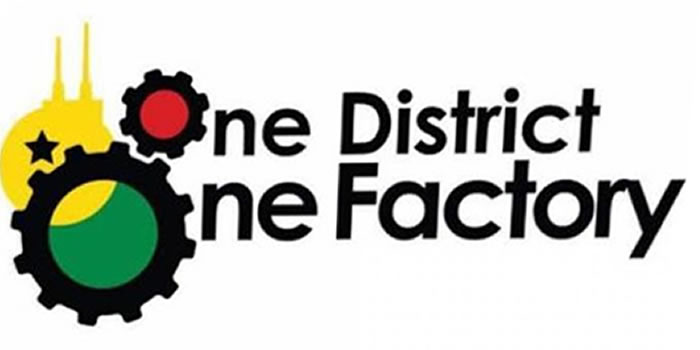

Administrative and Institutional Arrangements
The process of decentralisation initiated in Ghana was not just to locate a more autonomous decision making power to the lower levels in the government hierarchy but more importantly to open the planning process to local influences to make it more responsive to the needs of the local population.
It was important therefore to equip the lower levels of government with the opportunities to generate and utilise budgets at a reasonable discretion. The process thus becomes effective when the administrative and institutional arrangements are organised in a manner that will ensure effective management at the local level.
The administrative and institutional arrangements of the Abuakwa South Municipal according to the provisions of the Local government System Act, 1993, (ACT 462) does not seem to be different from the situation identified in the 1996-2000 Development Plan of the Assembly.
Good Governance and Civic Responsibility
The Municipality has the following objectives to improve Good Governance and Civic Responsibilities. One of the key objectives under this sector is to enforce law and order in the Municipality.
Reclamation of degraded forest is also an issue of concern to the Abuakwa South Municipal Assembly.
Below are other objectives of this sector.
- To improve locally generated revenue from 18.5% of DACF to 40% of DACF by 2009
- To improve record management system of the Assembly, 10 decentralised departments and MSMEs by 2009
- To make all Sub-districts structures functional and effective by 2009
- To improve capacity and performance of the Assembly and decentralized departments
- To reduce crime rate in by 2009
- Reduce the level of indiscipline in the district, particularly on roads, workplaces, schools, building industry and the use of public property
- To increase community participation (especially women and youth) in planning, implementation, monitoring and evaluation of development programmes and projects
Date Created : 11/24/2017 2:48:46 AM










 facebook
facebook
 twitter
twitter
 Youtube
Youtube
 +233 593 831 280
+233 593 831 280 0800 430 430
0800 430 430 GPS: GE-231-4383
GPS: GE-231-4383 info@ghanadistricts.com
info@ghanadistricts.com Box GP1044, Accra, Ghana
Box GP1044, Accra, Ghana